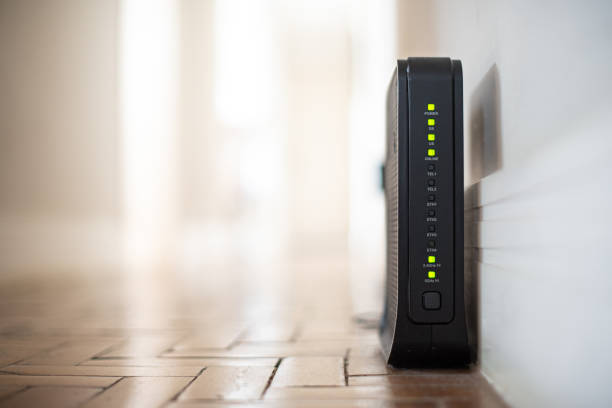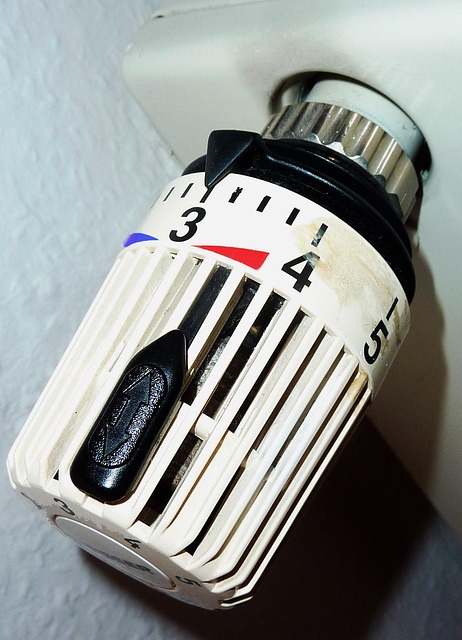Non-surgical dental implants: Costs, benefits, and why they may be suitable for seniors
Dental implants have revolutionized tooth replacement options for seniors, offering a permanent solution to missing teeth and improving quality of life. While traditional implants require surgery, non-surgical dental implant options have emerged as alternatives that appeal particularly to older adults who may have health concerns or simply wish to avoid invasive procedures. These innovative solutions provide stability and functionality without the extensive recovery time associated with conventional implant surgery, making them an attractive option for seniors looking to restore their smiles and maintain their oral health.

What Are Non-surgical Dental Implants?
Non-surgical dental implants (sometimes called mini implants) are smaller in diameter than traditional implants and can often be placed using minimally invasive techniques. Unlike conventional implants that require cutting into the gum tissue and drilling into the jawbone, non-surgical implants typically involve a less invasive procedure. They can often be placed through the gum directly into the bone without the need for incisions or stitches. This approach is particularly beneficial for seniors as it reduces trauma to oral tissues, decreases healing time, and minimizes discomfort during and after the procedure.
Benefits of Non-surgical Dental Implants for Seniors
Non-surgical dental implants offer numerous advantages that make them particularly suitable for older adults. First, they typically require less bone density for successful placement, which is beneficial for seniors who may have experienced bone loss. The procedure itself involves minimal discomfort, reduced bleeding, and faster healing times compared to traditional surgical implants. Many seniors can return to normal activities almost immediately after the procedure.
Additionally, these implants provide excellent stability for dentures, eliminating common problems like slipping or clicking while speaking or eating. This stability contributes to improved nutrition, as seniors can comfortably eat a wider variety of foods. Perhaps most importantly, the less invasive nature of the procedure makes it accessible to seniors with certain health conditions that might otherwise preclude them from receiving traditional implants.
Cost Comparison Between Traditional and Non-surgical Implants
When considering dental implant options, cost is often a significant factor for seniors on fixed incomes. Non-surgical dental implants typically cost less than their traditional counterparts, making them a more accessible option. Traditional dental implants can cost anywhere from £2,000 to £4,000 per implant, with full-mouth restorations potentially reaching £25,000 or more. In contrast, non-surgical options like mini implants may range from £700 to £1,500 per implant.
The total cost depends on several factors, including the number of implants needed, any preparatory procedures required, the type of restoration attached to the implants, and geographic location. Many dental practices offer payment plans specifically designed for seniors, and some dental insurance plans provide partial coverage for implants, though coverage varies significantly between providers.
Where to Find the Best Offers on Non-surgical Dental Implants
Finding quality providers offering competitive rates for non-surgical dental implants requires some research. Many dental schools offer discounted treatment performed by students under close supervision of experienced faculty. These teaching clinics can provide savings of 30-50% compared to private practices. Dental societies and associations often maintain lists of dentists who specialize in geriatric dentistry and implant procedures.
Some dental practices specifically cater to seniors and offer special packages or financing options. When researching providers, look for specialists with extensive experience placing mini implants and those who provide clear, comprehensive information about their procedures, costs, and payment options. Many reputable practices offer free consultations where seniors can discuss their specific needs and receive personalized treatment recommendations and cost estimates.
Comparison of Non-surgical Dental Implant Providers
| Provider Type | Average Cost Range | Typical Features | Best For |
|---|---|---|---|
| Private Specialist Practices | £900-£1,500 per implant | Highly experienced specialists, comprehensive care, advanced technology | Those seeking top expertise and willing to pay premium prices |
| General Dental Practices | £700-£1,000 per implant | Good quality care, often more affordable, may offer payment plans | Budget-conscious patients with straightforward needs |
| Dental School Clinics | £500-£800 per implant | Supervised by experts, significantly reduced fees, teaching environment | Those with limited budgets and flexible schedules |
| Dental Chains | £600-£1,200 per implant | Standardized procedures, multiple locations, financing options | Convenience-oriented patients seeking predictable experience |
Prices, rates, or cost estimates mentioned in this article are based on the latest available information but may change over time. Independent research is advised before making financial decisions.
Are Non-surgical Dental Implants Right for Every Senior?
While non-surgical dental implants offer many advantages, they aren’t suitable for everyone. Seniors with certain conditions such as uncontrolled diabetes, severe gum disease, or specific autoimmune disorders might not be ideal candidates. Additionally, although non-surgical implants require less bone than traditional implants, some minimum level of bone density is still necessary.
The best way to determine suitability is through a comprehensive dental examination. Many dentists now use 3D imaging technology to evaluate bone structure and density with precision. This helps create personalized treatment plans tailored to each senior’s unique oral anatomy and health status. For some, a combination of approaches might be recommended, such as bone grafting followed by implant placement or a hybrid solution using both mini and traditional implants.
Overall, non-surgical dental implants represent an excellent option for many seniors seeking to restore missing teeth with minimal discomfort and recovery time. Their lower cost, reduced invasiveness, and good success rates make them particularly appealing to older adults who want to maintain their quality of life and oral functionality without undergoing extensive dental surgery.
This article is for informational purposes only and should not be considered medical advice. Please consult a qualified healthcare professional for personalized guidance and treatment.




